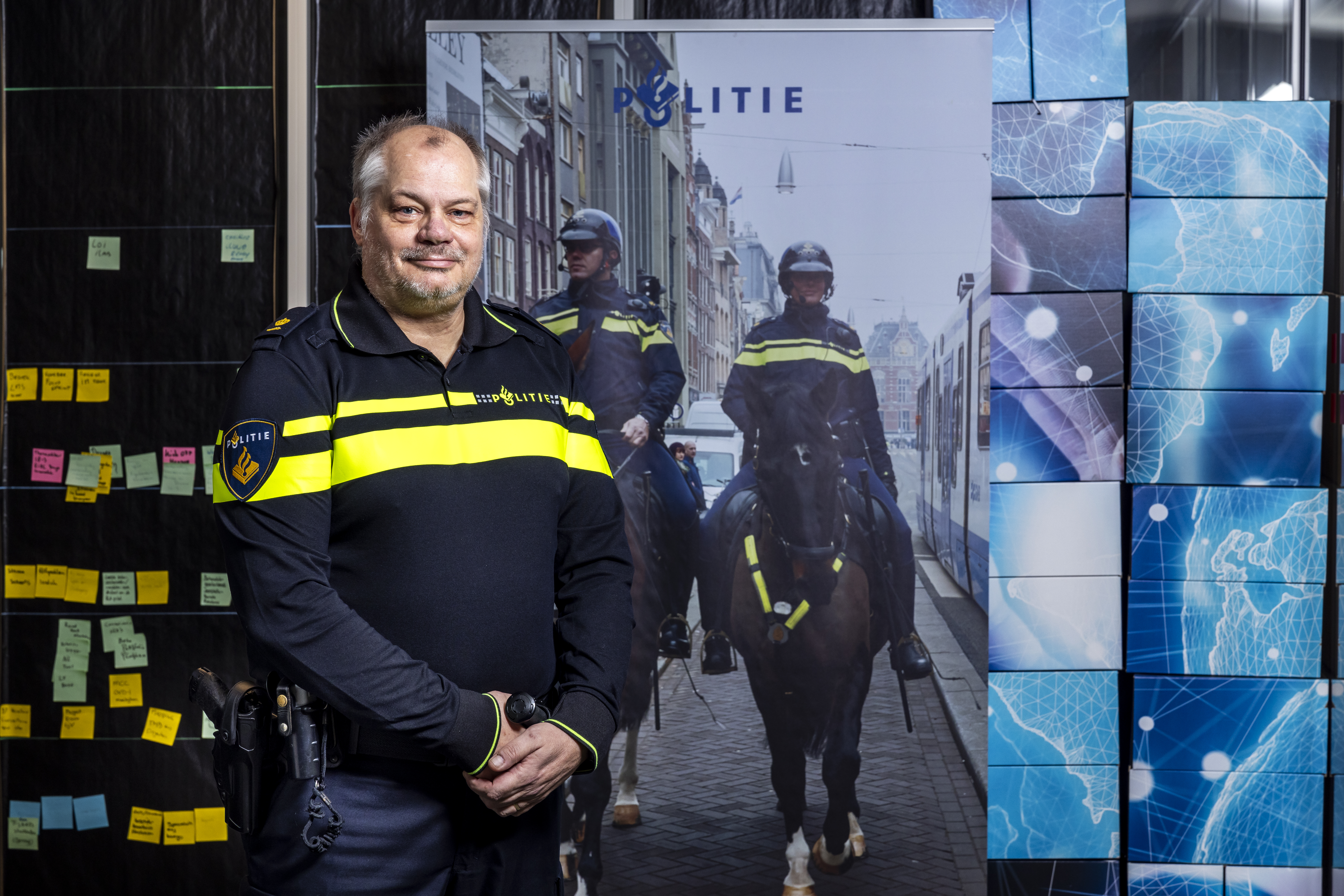
Human trafficking, cybercrime, drug trafficking or the current corona pandemic: all major, complex issues that affect the security of our society. If the current pandemic has taught us one thing, it is that developing policies to combat a crisis must take into account a diversity of interests. This is only logical given the scale and complexity of the issue, according to Eefje Smits and Guido Veldhuis, TNO researchers in the national security domain. They are writing the report “The social impact of the corona crisis.”
Corona, it should be clear, is not just a health issue. Says Veldhuis: “Think of the financial distress of entrepreneurs, the learning deficit in schools or the increasing loneliness during the lockdowns. The corona crisis touches on all kinds of policy areas including employment, public health, education and security. So you must deal with a lot of areas of expertise.”
But what exactly is going on, and what is coming our way? Not only is information spread out, but interests differ between groups in society. This is also what makes developing policy so complicated, Smits emphasizes: “Ask 10 people what the problem is, and you’ll get 10 different answers.”
Systemic thinking
Complex issues involve a multitude of factors that influence each other. Smits says: “Take the security of our ports, which we have previously researched. This is not only about drug trafficking and human smuggling, but also about environmental crime and the safety of port employees. In group meetings with the various relevant parties, we try to map out what is going on. We structure the information by processing it in a model. This reveals the relationships between the various underlying factors. We then systematically analyze the data. To do this, we use the MARVEL method.”
Similarly, Smits and Veldhuis brought together various parties from national and local governments, knowledge institutes and other social organizations for the report “The social impact of the corona crisis.” The resulting model shows where the main impact of corona lies.
Overview

“People are afraid of losing sight of the big picture,” Veldhuis continues. “There are so many different puzzle pieces in such an emergency. These can also change over time. Just look at the hospitality industry during the corona crisis. At first, people working in the hospitality industry were afraid to lose their jobs. Now there is plenty of work again. But people have gone to work somewhere else in the meantime. That does something to the whole system.”

“What we do, then, is visualize such a system including the coherence of all the parts,” Smits explains. “We do that using visual models which incorporate a variety of variables. Using such a model, we can, for example, make visible which elements influence our resilience and what makes people vulnerable.”
Between fear and reality
Often during crises such as the current corona pandemic, the researchers say, people fear scenarios that ultimately do not match reality. At the start of the crisis, for example, there were fears of a huge increase in domestic violence. Fortunately, for the time being, this does not seem to be too bad. It was also said that isolation affects your relationship. According to the researchers, however, experience has shown that some people cope well with such a situation, others not so well. The question that arises is: why do the effects differ from person to person?
What makes some people vulnerable?
Veldhuis: “How is it, for example, that some students suffer from learning disadvantages while others do not? Also, not all entrepreneurs have been proportionally affected by the crisis. And by no means are all elderly people lonely. Some have found a way to maintain online contact with family and friends, others have not. Maybe they are less flexible. But what are the underlying factors? What risk factors play a role in this?”
Interventions
For example, for people who lack a social network and lose their job, the crisis can lead to a heightened sense of loneliness. According to Smits, the ultimate issue is also how to increase the resilience of such vulnerable groups by offering them the right help. “By taking a systemic view of problems, as we are now doing with corona, we can find out which structures are causing a particular behavior. By understanding those structures, you can work towards solutions.”
Veldhuis says: “The government is focusing on vulnerable groups in society. But for our report on the social impact of the corona crisis, we also looked at this: do these people know how to contact the government? How can you increase trust in government? For policymakers, perhaps the most important question is: how can you influence this? How can you work towards making people more resilient?”
Smits continues: “We speak of reinforcing versus balancing feedback processes in this regard. Those are the places where you can apply interventions.”








